The Indian Journal of Arbitration Law (IJAL) and the Centre for Advanced Research & Training in Arbitration Law (CARTAL), along with Baker & McKenzie, organised a two-day international conference on the state of arbitration on September 30 and October 1, 2017. The Conference was institutionally supported by the UNCITRAL Regional Centre for Asia and the Pacific, the ICC International Court of Arbitration (Paris), the International Centre for Dispute Resolution (ICDR) of the American Arbitration Association, the Singapore International Arbitration Centre (SIAC), the Hong Kong International Arbitration Centre (HKIAC), the Kuala Lumpur Regional Centre for Arbitration (KLRCA), the Asia Pacific Forum for International Arbitration (AFIA) and the Mumbai Centre for International Arbitration (MCIA).
The theme of the 2nd Annual International Arbitration Conference was “Looking East: Arbitration in the Asian Age”. The definition of East for the purpose of the Conference encompassed favoured and emerging seats of arbitration in North East, South, South East and Central Asia. The main aim of the Conference was to study the different approaches adopted by various regions in Asia in adapting to the practice of international arbitration.
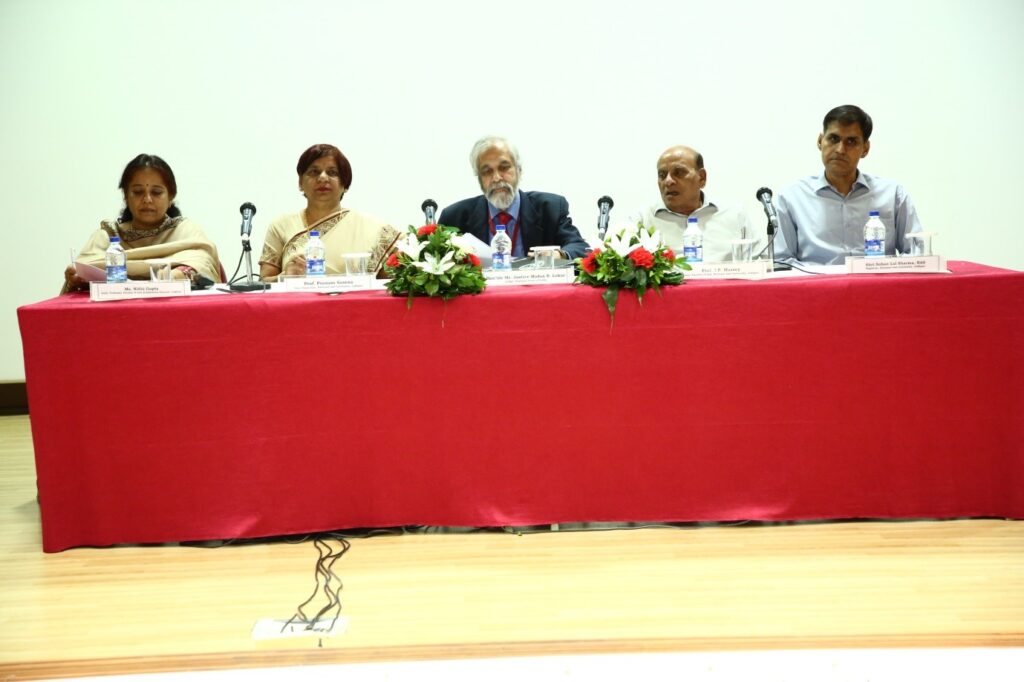

The Conference began with the Inaugural Ceremony. The Welcome Address was delivered by Prof. Poonam Saxena, Vice Chancellor, National Law University, Jodhpur. She highlighted the achievements of NLU Jodhpur’s faculty and scholars and commended IJAL and CARTAL’s work in promoting scholarship and dialogue on international arbitration. Ms. Nidhi Gupta, Executive Director of CARTAL delivered the Introductory Address where she outlined CARTAL’s activities of the past years with emphasis on the conceptualisation of the annual international arbitration conference.
Honourable Justice Madan B. Lokur of the Supreme Court of India gave the Presidential Address where he highlighted the strides taken by Asian nations in adapting to international arbitration and emphasised the role played by arbitration institutions in this regard. He also focussed on India’s efforts and the problems plaguing the practice of international arbitration in India.
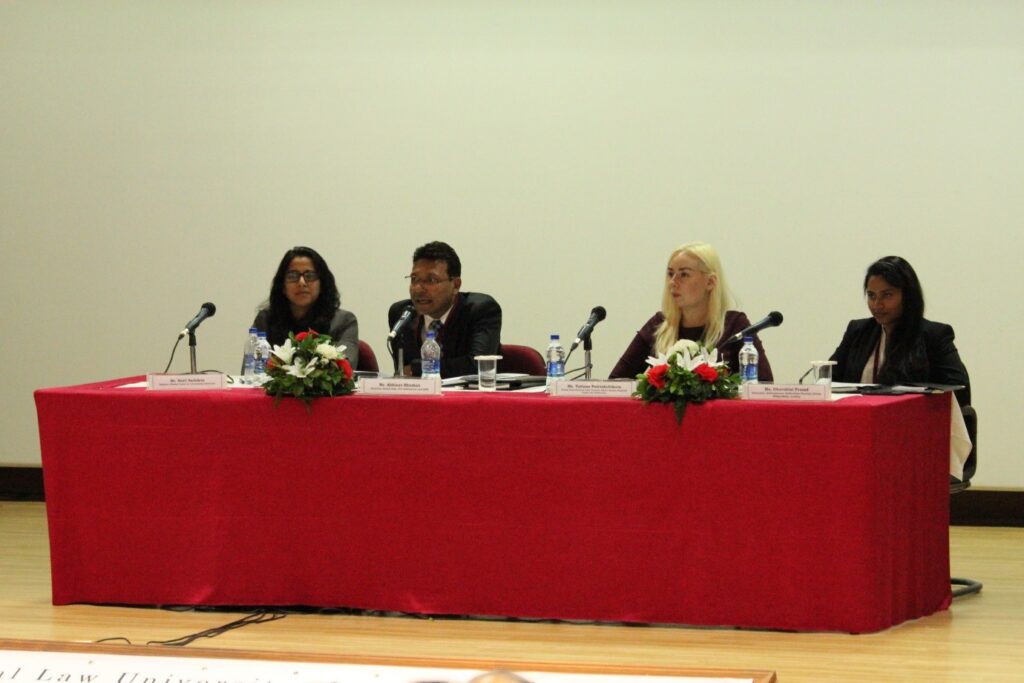
The first panel discussion was on the theme “International Arbitration across Legal and Economic Cultures.” The panellists for this discussion were Mr. Abhinav Bhushan, Director, South Asia, ICC Arbitration and ADR (Moderator), Ms. Neeti Sachdeva, Secretary General and Registrar, MCIA, Ms. Dharshini Prasad, Associate, Wilmer Cutler Pickering Hale and Dorr LLP, London and Ms. Tatiana Polevshchikova, Senior International Case Counsel, KLRCA. Mr. Bhushan posed a series of questions to the panellists focussing on, inter alia, the need for harmonisation, impact of divergence in legal traditions, effect of economic culture on uniform practice and issues of diversity in international arbitration. Ms. Polevshchikova and Mr. Bhushan gave instances of both legal and cultural divergence in the international arbitration. Ms. Sachdeva highlighted the role of arbitrators in resolving the divergences, for instance, through the issuance of procedural orders. Ms. Prasad stressed that the need was not for absolute uniformity but rather uniformity in core concepts.
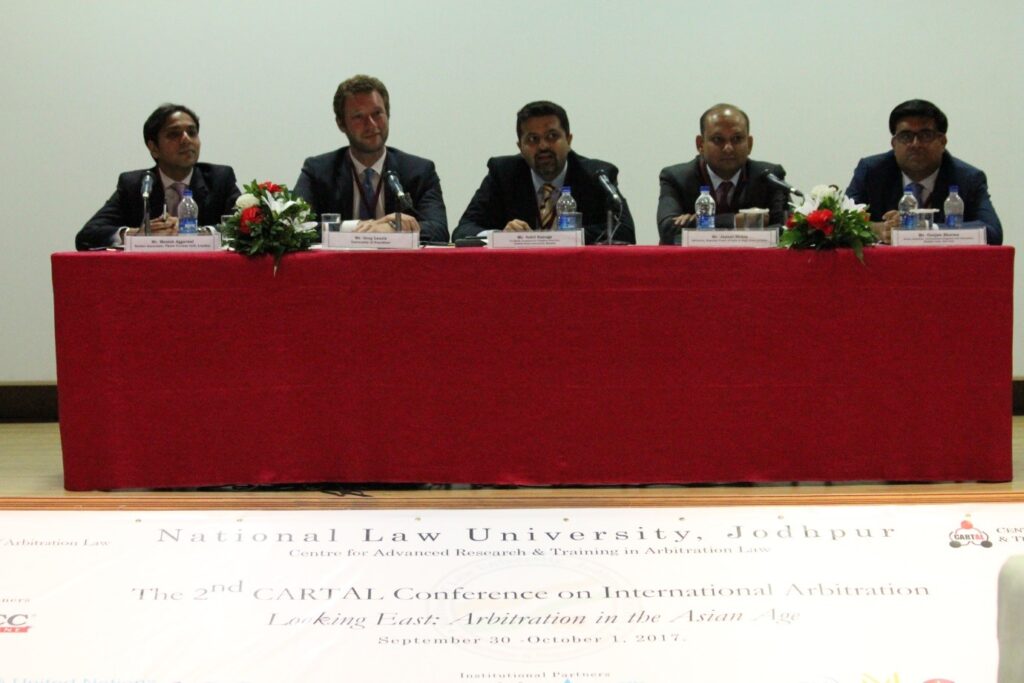
The second panel discussion was themed, “Exploring the varying dimensions of Public Policy in International Arbitration”. The panellists were Mr. Sahil Kanuga, Co-head, International Litigation & Dispute Resolution Practice, Nishith Desai Associates (Moderator), Mr. Jayant Mehta, Advocate, Supreme Court of India, Mr. Greg Lourie, University of Frankfurt, Mr. Gunjan Sharma, Senior Associate, Skadden, Arps, Slate, Meagher and Flom, LLP, New York and Mr. Manish Aggarwal, Senior Associate, Three Crowns LLP, London. Mr. Kanuga introduced the theme and explained the format of the panel. Mr. Mehta explained the concept of public policy, its origin and evolving dimensions through court decisions. Mr. Greg Lourie discussed the civil law perspective on public policy in Europe and the impact of EU law. Mr. Sharma talked about the approach of United States courts in dealing with public policy. Mr. Aggarwal discussed the scope of the public policy exception in investment treaty arbitration.
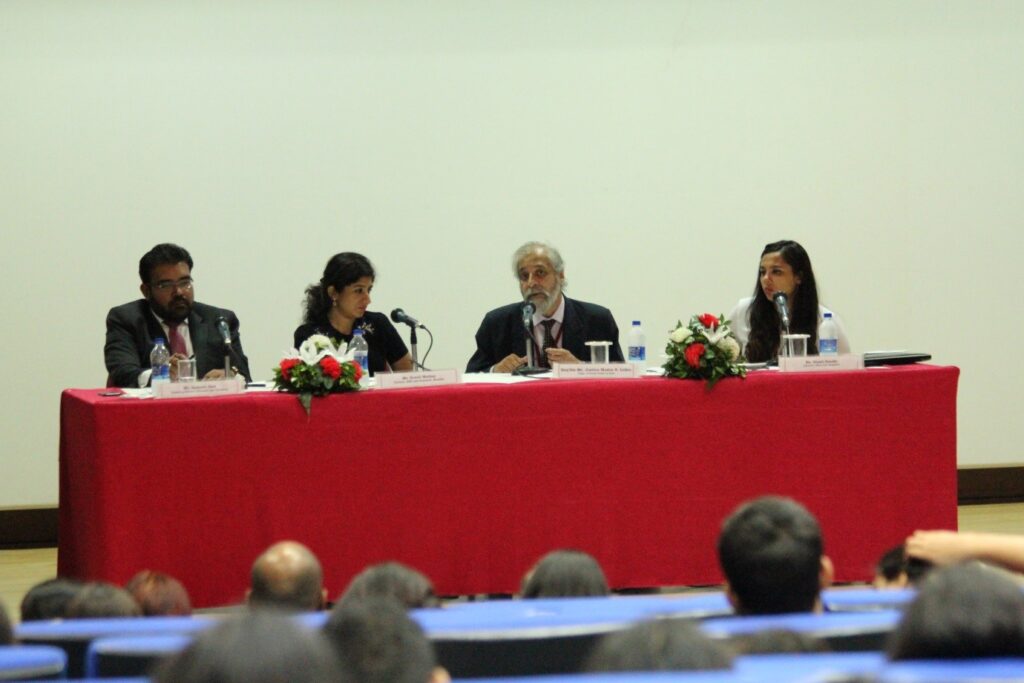
Day two of the conference began with the third panel themed “The BRICS Dispute Resolution Forum – Optimizing Efficacy and Efficiency”. The panellists were Hon’ble Justice Madan B. Lokur of the Supreme Court of India (Moderator), Ms. Niyati Gandhi, Advocate, Aarna Law, Bangalore, Mr. Sameer Jain, Founding Partners, PAMASIS, Law Chambers, and Ms. Sonali Mathur, Partner, AZB & Partners, Mumbai. Hon’ble Justice Lokur posed questions to the panellists regarding the need for a separate dispute settlement forum, the structure of the proposed institution, procedural and enforcement concerns and the impact of divergence of legal traditions among the BRICS nations. The Q&A session which followed the discussion saw a consensus among the panellists on the need to train not only the arbitrators but also the counsels to expeditiously bring the arbitration proceedings to its finality.
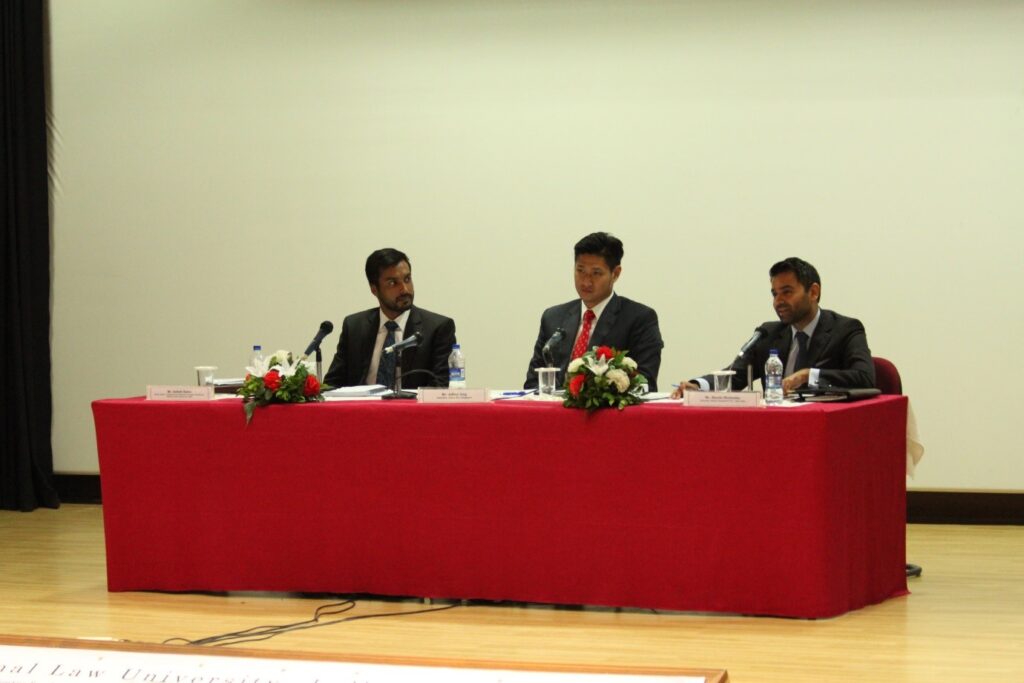
The final panel discussion was on the theme of third party funding. The panellists were Mr. Shashi K. Dholandas Attorney, Bailey Duquette P.C., New York (Moderator), Mr. Ashish Kabra, Senior Expert, International Litigation & Dispute Resolution, Nishith Desai Associates, New Delhi and Mr. Jeffrey Jeng, Associate, Jones Day, Singapore. The moderator lead the discussion through a series of questions on the legislative framework for third party funding in Singapore and India, ethical concerns and the issue of security of costs. Mr. Kabra elaborated on the position in India while Mr. Jeng explained the legislative framework in Singapore. The panellists agreed that the fear that third party funding may have a chilling effect on the decision of arbitrators was largely unfounded.
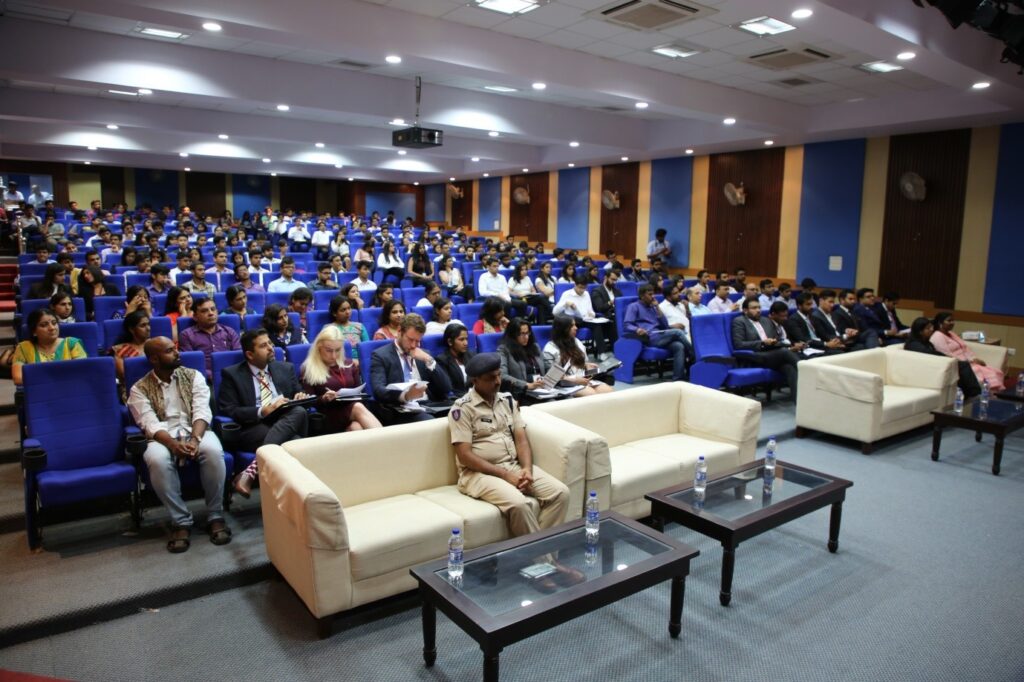
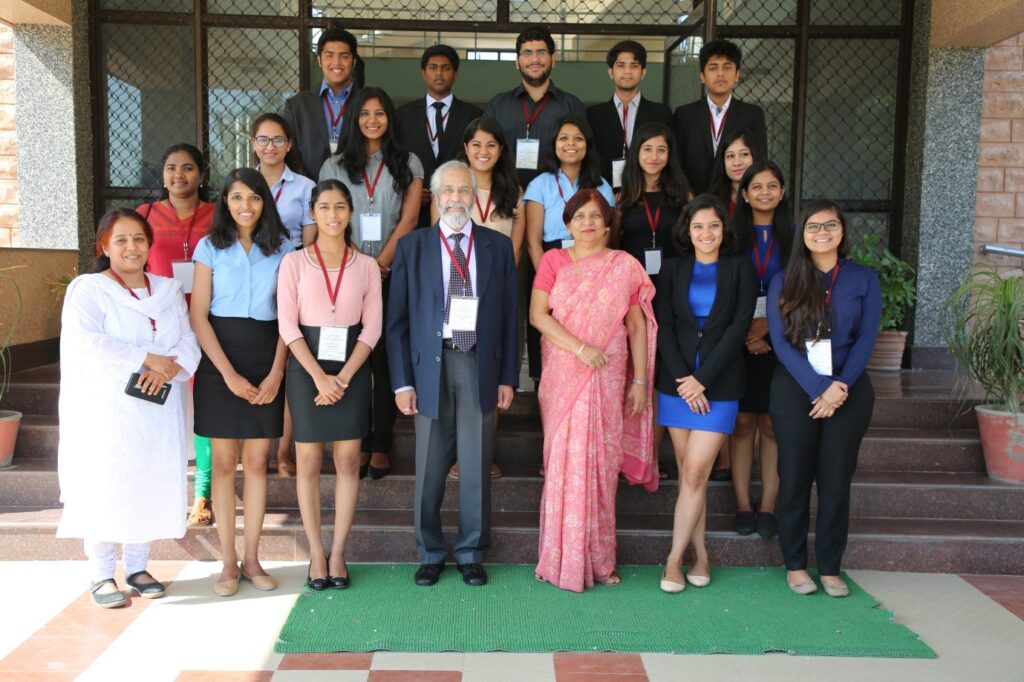
The 2nd Annual CARTAL Conference concluded at 12 pm on October 1, 2017 with the Closing Ceremony.
